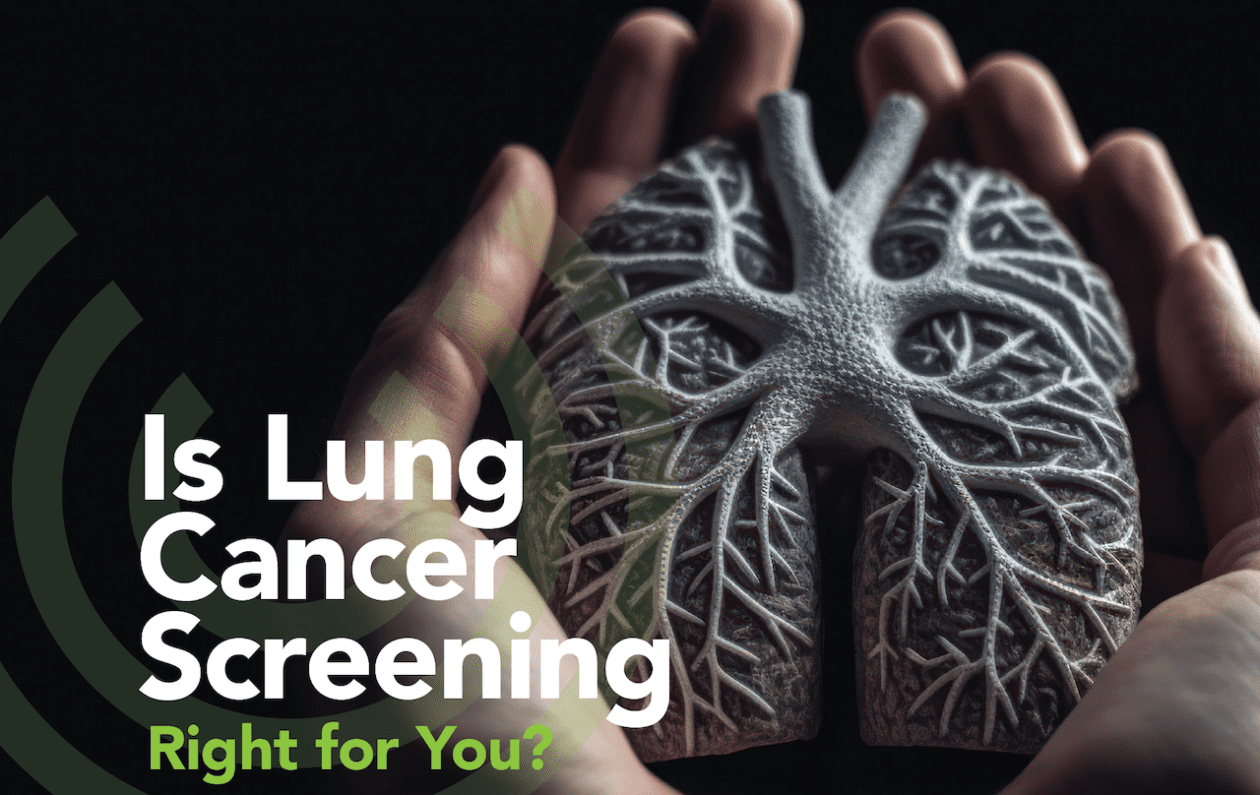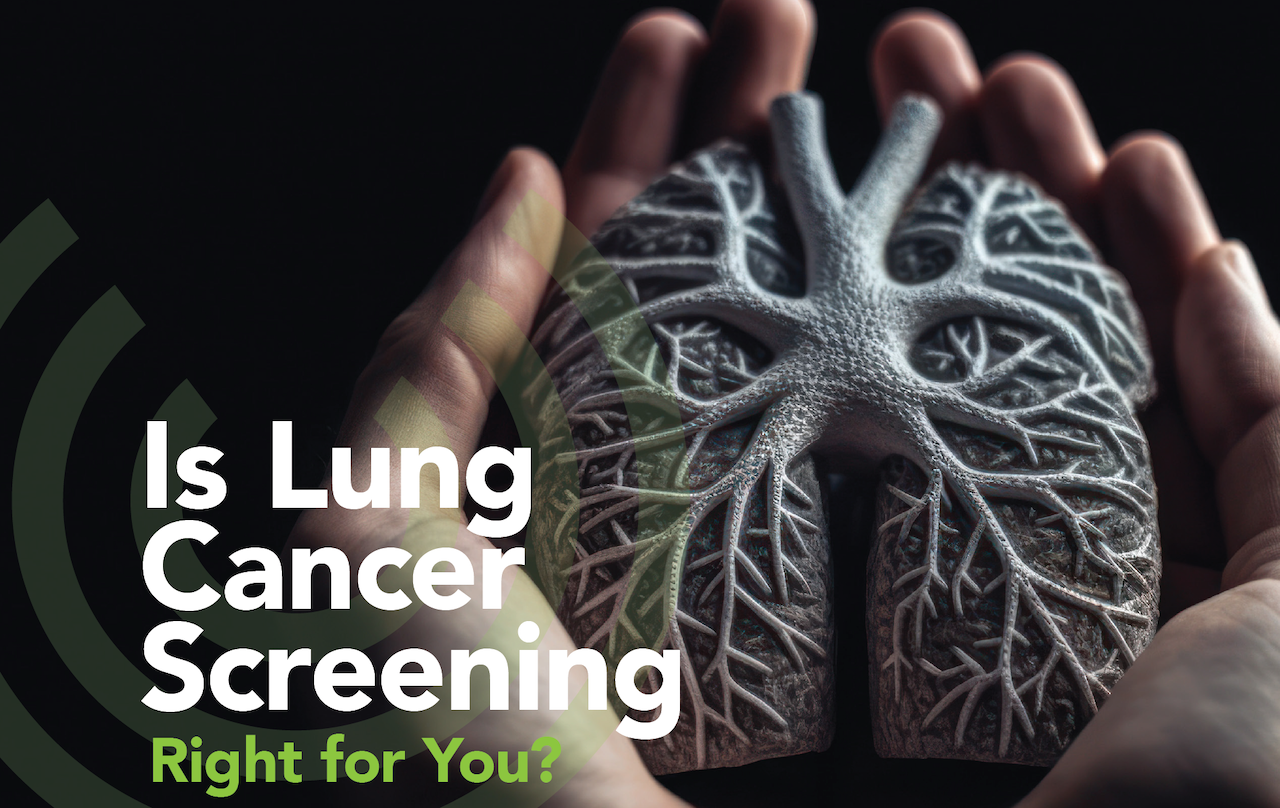

Low-dose computed tomography (LDCT) screening can reduce lung cancer deaths by up to 20% compared to standard chest X-rays, by detecting tumors at early stages when they are more likely to be curable. But lung cancer screening rates are low across the U.S. and even lower in Florida. The American Lung Association’s “State of Lung Cancer” report places Florida in 42nd place for lung cancer screening.
The United States Preventive Services Task Force recommends lung cancer screening for anyone age 50 to 80 who has smoked for 20 pack years or more, and who currently smokes or has quit within the past 15 years. A pack year is equal to smoking 20 cigarettes (1 pack) a day each year. A pack year is different from a calendar year. Smoking a pack a day for 20 years equals 20 pack years, but so does smoking two packs a day for 10 years.
Lung cancer screening is approved by Medicare to age 77, is covered by most insurance, and is for people in good health who do not have symptoms of the disease. Talk to your doctor if you think you are eligible for testing.
You can also see if you are eligible via the Cancer Alliance of Marion County, at screeningsaves.my.canva.site.
Quitters can be Winners
Smoking is the single most important risk factor for lung cancer. The American Lung Association places Florida slightly above the national average of people who smoke: 14.7% compared with 13.5% across the U.S.
Tobacco Free Florida provides free tools and services to help you become smoke-free. Go to TobaccoFreeFlorida.com or call 850-245-4144. For more resources, go to Smokefree.gov or call 800-44U-QUIT. You can find more quit lines at the American Cancer Society (866-QUIT-4-LIFE), American Lung Association (800-LUNGUSA), and U.S. Department of Health and Human Services (800-QUIT-NOW).
RBOI can also help. Wendy Hall, LCSW, is certified in tobacco cessation. Our counseling services are available to the community at no charge. Give us a call.
Help for Veterans
The U.S. Department of Veterans Affairs (VA) offers these resources to help veterans quit tobacco:
• The VA national Quitline at 1-855-QUIT-VET (1-855-784-8838) connects callers immediately with a tobacco cessation counselor and provides free telephone counseling in English or Spanish.
• SmokefreeVET delivers text message tips and support to your cellphone, even if you use smokeless tobacco. Text the word VET to 47848 (or VETesp to 47848 for Spanish) or visit smokefree.gov/VET.
• Other resources include:
Stay Quit Coach mobile.va.gov/app/stay-quit-coach
Quit Tobacco mentalhealth.va.gov/quit-tobacco
Veterans Smoke Free veterans.smokefree.gov
The VA also works to make lung cancer screening accessible to the nearly 900,000 veterans who may be eligible. For more information, visit cancer.va.gov.
Non-Smokers are Also at Risk
Invisible, odorless, and tasteless, radon is the leading cause of lung cancer among nonsmokers. To know whether or not you are being exposed to radon in your home, you can order free testing kits from the Florida Department of Health. Call 800-543-8279, or fill out the order form on their website at http://www.floridahealth.gov/environmental-health/radon/Outreach/testkitrequest.html.
Additional risk factors for nonsmokers include HIV infection; family history of lung cancer; and exposure to secondhand smoke, air pollution, arsenic, asbestos, chromium, nickel, radiation, radon, soot, or tar.these and other resources helping our community.

Write a comment: